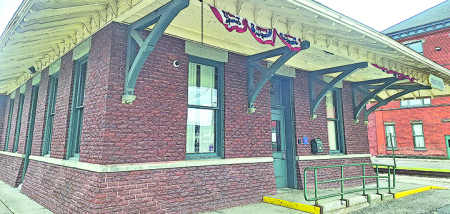What Right-to-Work Really Means
Published:
December 17th, 2012
By:
Tom Morgan

You don’t need me to tell you labor unions just lost another battle. Michigan became a “right-to-work” state. So workers there no longer have to join a union to get certain jobs. Last year the battleground was Wisconsin. Unions lost there too.
Union leaders clanged alarm bells over the Michigan loss. Union thugs warned that blood will run in the streets. President Obama proclaimed that right-to-work laws are about the “right to work for less money.”
He is correct, in a sense. He also declared that such laws “don’t have to do with economics – they have everything to do with politics.”
In this he could not be more mistaken. Right-to-work measures have everything to do with economics. So do the unions’ problems. Everything. Especially that ingredient of economics called competition.
Unions do not do well against competition. They deliver a lot of benefits to members. They truly do. Better wages. More generous healthcare and pensions. But these benefits jack up costs for employers. Simple as that.
If employers face no competition from non-union shops, fine. They raise prices. Pass costs along to customers. Your mom and dad paid extra for their Oldsmobile. The extra paid the union benefits. We all shell out extra school taxes. To pay for teacher pensions and healthcare and good pay. We pay extra in taxes to cities and states. To pay for retirements for workers after only 20 years. Used to be, none of these industries had competition.
Author: Tom Morgan - More From This Author
Comments










